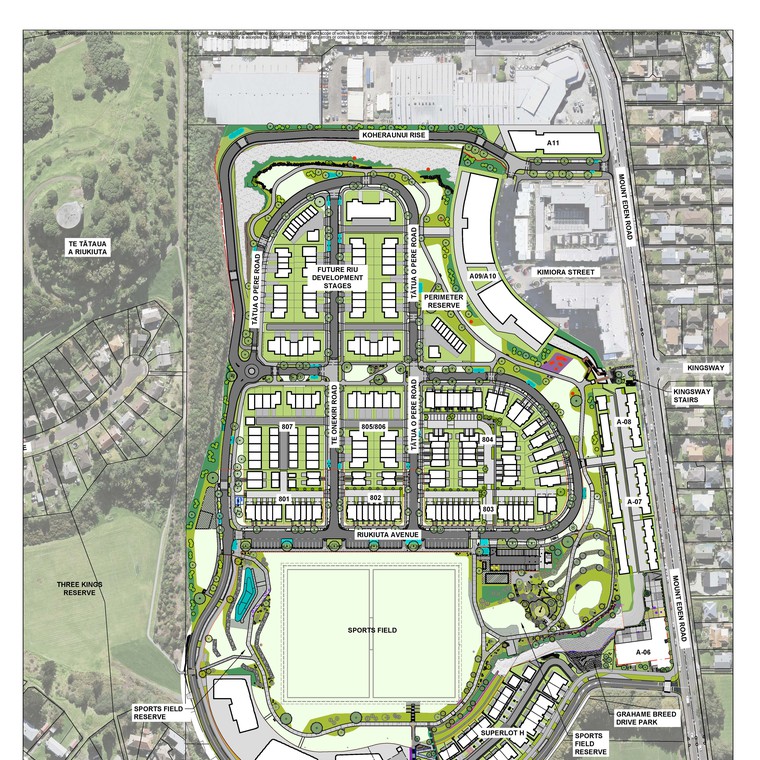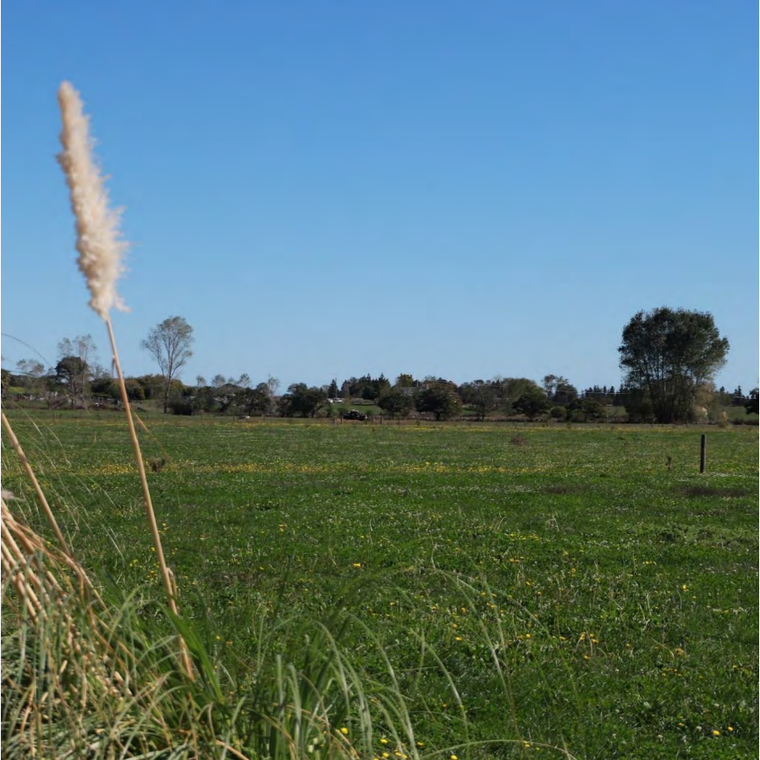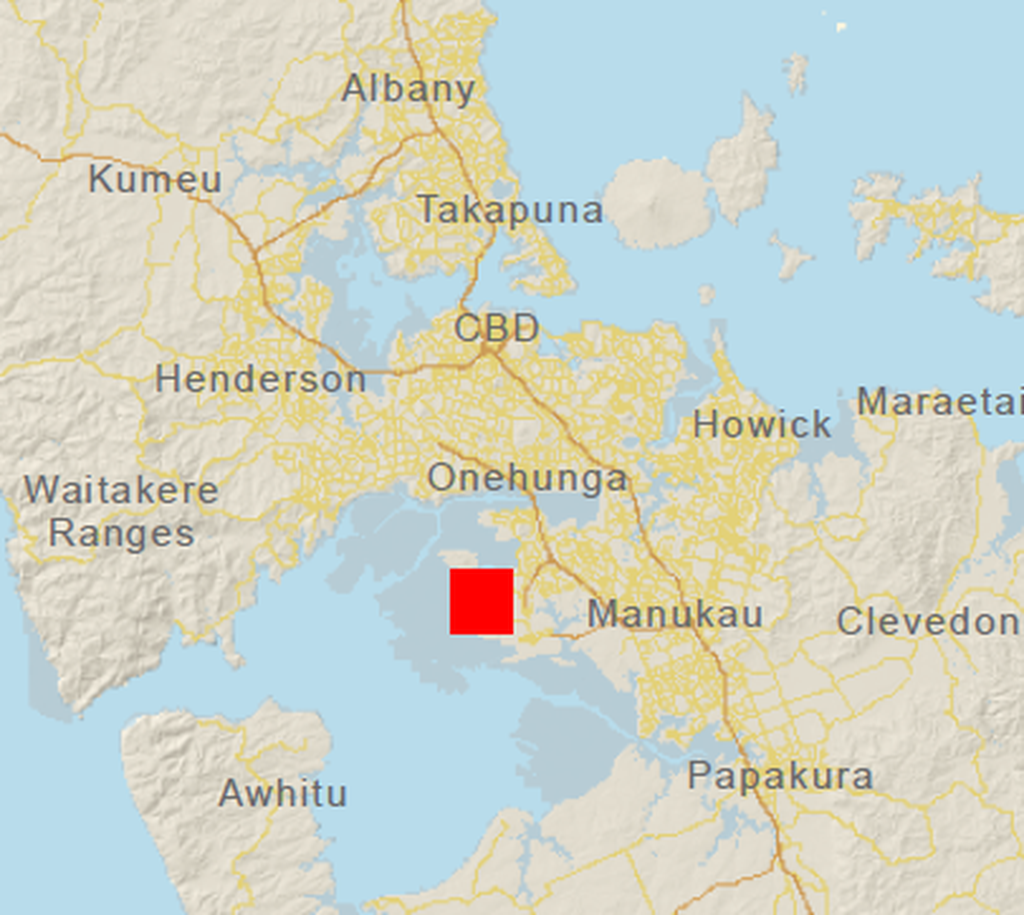AUP appeals lodged – legal effect and weighting
Wed Sept. 21st 2016
About 100 appeals have been lodged. Where an AUP provision is not the subject of any appeals, the AUP is deemed to be approved - the ODP can be disregarded. Where any AUP provisions that apply to a site are subject to appeal, both the ODP and the Decisions Version of the AUP have legal effect and questions of the relative weighting of the plans will arise.
The period for lodging appeals against the Auckland Council’s decisions on the Auckland Unitary Plan (AUP) (other than for designations and heritage orders) expired on Friday, 16 September. About 100 appeals have been lodged, comprising:
- Around 70 appeals to the Environment Court relating to AUP provisions in respect of which the Auckland Council did not accept the recommendations of the Independent Hearing Panel (IHP); and
- Around 30 appeals to the High Court (on points of law) against provisions of the AUP in respect of which the Council accepted the IHP’s recommendation but where submitters consider that an error of law has been made.
At least seven applications for judicial review have also been made to the High Court regarding the AUP.
The effect of the appeals
The upshot of the above is that:
- Where an AUP provision is not the subject of any appeals, the AUP is deemed to be approved and the “legacy” Operative Plan (ODP) has been superseded and can be disregarded.
- Where any AUP provisions (whether they be maps, overlays, rules, etc.) that apply to a site are subject to appeal, the relevant provisions of both the ODP and the provisions of the Decisions Version of the AUP have legal effect and will need to be considered in the context of an application for that site.
That will remain the position until the appeal relating to the relevant AUP provision is resolved or determined. In contentious cases that could take many months or over a year despite active case management by the Environment Court (which has already commenced).
A submitter or affected landowner who is particularly concerned about the potential effect of an Environment Court appeal should consider becoming a party to that appeal under section 274 of the Resource Management Act 1991. The period for lodging section 274 notices in respect of Environment Court appeals on the AUP expires on 7 October 2016.
Where the AUP provisions challenged by an appeal are inconsistent with the equivalent provisions of the ODP – which is likely to be the case, for example, in relation to height or the density of residential development – the need to consider both the ODP and AUP provisions raises an issue of the relative weight to be accorded to the competing plan provisions.
In such cases, it will be necessary for applicants and Council officers to adopt a position as to the relative weight to be accorded to each plan. It can be safely assumed that developers will wish to place greater weight on the more liberal provisions of the AUP and a countervailing tendency on the part of council officers to favour the more restrictive provisions of the ODP that they are familiar with.
The legal position
The basic legal position that applies, as laid down by well-established case law (e.g., Queenstown Central Limited v Queenstown Lakes District Council [2013] NZHC 815), is that before a resource consent can be granted, the operative plan is required to be applied and regard must be had to a proposed plan; the general rule of thumb is that the closer a proposed plan comes to being final, the greater the weight that can be applied to it. Other factors may also be relevant, for example, the proposed plan being the “latest word”.
The issue of weighting is not necessarily a straightforward exercise. In any particular case, it will be necessary to analyse the relevant appeals to determine whether they directly challenge the relevant provision or whether the effect of the appeal is more subtle. Each case will need to be considered having regard to the relevant appeals.
Practitioners are no doubt busy analysing the 100 appeals that have been made available to date and their effect in light of the above. What we know to date from the appeals which have been uploaded on the Environment Court and Council’s websites is as follows.
Residential zone appeals uploaded to date
In the Residential zones, eight appeals to the Environment Court and two appeals to the High Court have been made available to date. Of particular note are the following.
A High Court appeal and application for judicial review by lobby groups Auckland 2040 and the Character Coalition opposing the increased housing density through more intensive zoning in the AUP that was recommended by the IHP and accepted by Council.
Two Environment Court appeals by Housing New Zealand Limited which seek as relief:
- The reinstatement of the provision for a maximum of four dwellings per site in the Mixed Housing Urban and Mixed Housing Suburban zones as a permitted activity. The IHP recommended a maximum of four which was reduced to two in the Council decision.
- The reinstatement of restricted discretionary activity status for integrated residential developments in the Single House Zone. The IHP had recommended restricted discretionary activity status (which would enable applications to be processed on a non-notified basis) but this was altered to discretionary in the Council decision.
- The deletion of the controls over front fences in the Single House, Mixed Housing Urban and Mixed Housing Suburban zones which the Council had reinstated following a recommendation by the IHP to delete them.
- The deletion of standards relating to wastewater capacity in the Residential zones which the Council has reinstated following a recommendation by the IHP to delete them.
Business – Mixed zone appeals uploaded to date
In relation to the Business – Mixed Use zone:
- There is thus far one Environment Court appeal that seeks to reinstate the Height in Relation to Boundary control within the Mixed Use zone, and between the Mixed Use zone and the General Business zone as recommended by the IHP. The appeal also seeks a range of further relief which does not relate to either an IHP recommendation rejected by the Council or an out of scope recommendation accepted by the Council.
- One appeal has been lodged in the High Court by Kiwi Property Group which seeks that the threshold for offices in the Business Zones (including the Mixed Use zone) be applied on a per site basis (i.e. “Offices up to 500m2 GFA per site”) rather than on a per tenancy basis.
Appeals in relation to Subdivision rules uploaded to date
In terms of the Subdivision rules, a number of appeals seek reinstatement of the IHP’s more enabling recommended provisions regarding rural subdivision, as opposed to the more restrictive provisions from Council’s decision. This would, in particular, allow for greater in-situ and transferable subdivision in the Rural zones, in return for the protection of indigenous vegetation and revegetation planting.
Other points to note
Other points of general interest in appeals uploaded are that:
- The deletion of the provisions requiring consent to be obtained for the demolition or removal of pre-1944 buildings does not appear to have been challenged in the High Court (although there is one Environment Court appeal which seeks to retain the Special Character Objectives and Policies as recommended by the IHP).
- The Independent Maori Statutory Board has appealed the deletion of the Schedule of Sites of Value to Mana Whenua as recommended by the IHP and accepted by Council to the High Court.
We will update this note as we learn more about the scope and nature of the appeals uploaded.
Recap
In the meantime, the short points that must be borne in mind in terms of day to day practice are that:
- The ODP and the AUP both have legal effect – the ODP must be applied and regard must be had to the AUP until the scope of appeals (and therefore any provisions “deemed approved”) is clear. This may not be known until early next month.
- The relative weight to be accorded to the ODP versus the AUP will depend upon the nature of the challenge posed in the relevant appeal – the more direct the challenge the more the ODP will be favoured by council planners.
These issues involve both legal and planning analysis. Please contact us if you think we can assist.
News & Updates

Major development contributions objection upheld
A Development Contributions Commissioner upheld Fletcher Residential's objection to Auckland Council's assessment of DCs.
Wed April 17th 2024

Largest yet solar farm approved by expert panel
Sue Simons chaired an Expert Panel which granted consents for the project in the North Waikato region.
Fri Feb. 9th 2024

Berry Simons celebrates another digital billboard victory
Berry Simons' Digital Billboard Team has another victory over Waka Kotahi - this time in Rotorua.
Fri Oct. 20th 2023

Sue Simons co-presents "Public Works Intensive" webinar
Sue Simons and Matthew Casey KC presented a webinar, hosted by the Auckland District Law Society, in August 2023.
Fri Aug. 11th 2023

